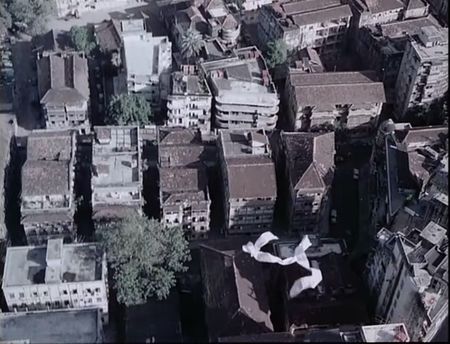Mani Kaul
Mani Kaul was an auteur filmmaker, teacher and influencer to a range of young students at the Film and Television Insititute, Pune.
Kaul emphasises the value of what is absent - the varjit, the forbidden - as perennially in ‘argument’ (vivadi) with what is narratively present. The evanescent moment of creation is posed at the point where human action simultaneously registers what exists and in the process, produces something unprecedented... Later work strongly influenced by his study of Dhrupad music with Ustad Zia Mohiyuddin Dagar, Sangeet Samay Saar (14th C.) and of Anandvardhan’s Dhwanyaloka, a 9th C. Sanskrit text on aesthetics exploring states of conscious perception while positing language as possessing a specific, suggestive dimension beyond its denotative or metaphoric faculties... Among various non-Indian sources, has drawn from haiku poetry, the nouveau roman, mannerist painting, Bresson and Ozu. Recent return to fiction cinema draws mainly from Dostoevsky (Nazar, Idiot). Refused to sign the documentary Historical Sketch of Indian Women during the Emergency when its producers, Films Division, required him to change the last shot and the commentary. [1]
Agaman, or Arrival (1979) is one of his major films featuring Bombay city as a site, as a place to come to, to live, breathe, eat, raise, drop, chop, labour and die in. It achieves the effect of a "floating" gaze via several aerial shots, a technique that he compares to Mughal miniature painting in this essay, "View from Nowhere".
File:Seen-from-nowhere mk ocr.pdf
See for example the "falling paper shot" at 12:52. [2]
The film features many exquisite shots of the city and its insides, including extended takes of goats being cut in the Deonar butchery, food produce arriving in Dadar, and land-filling construction activity at Colaba. The original cut of the film presented to Films Division had voice-over, which was subsequently replaced with a voiceless soundtrack for the final release.

